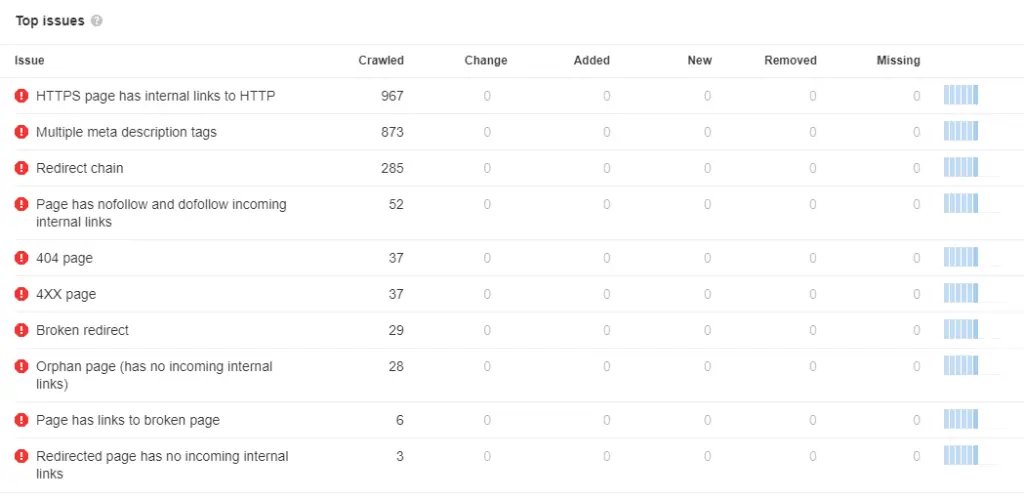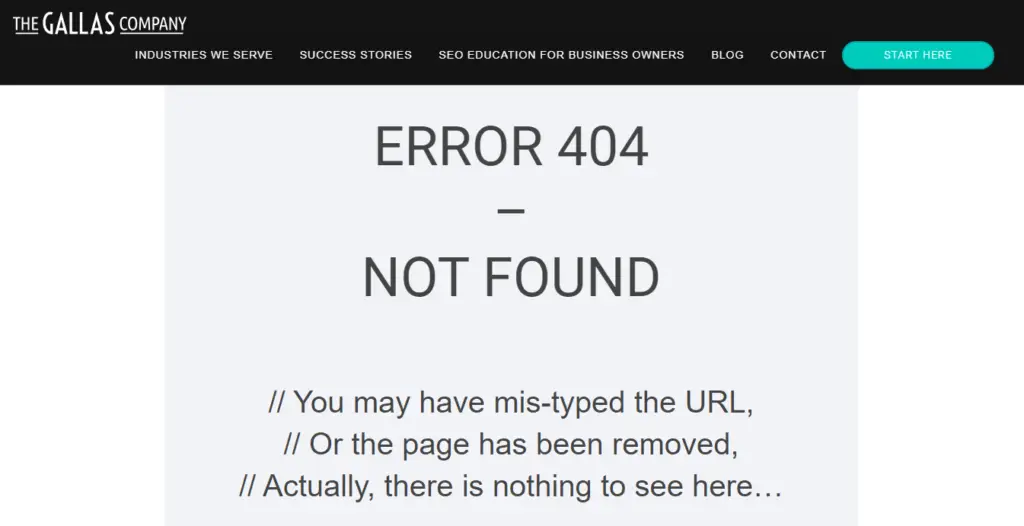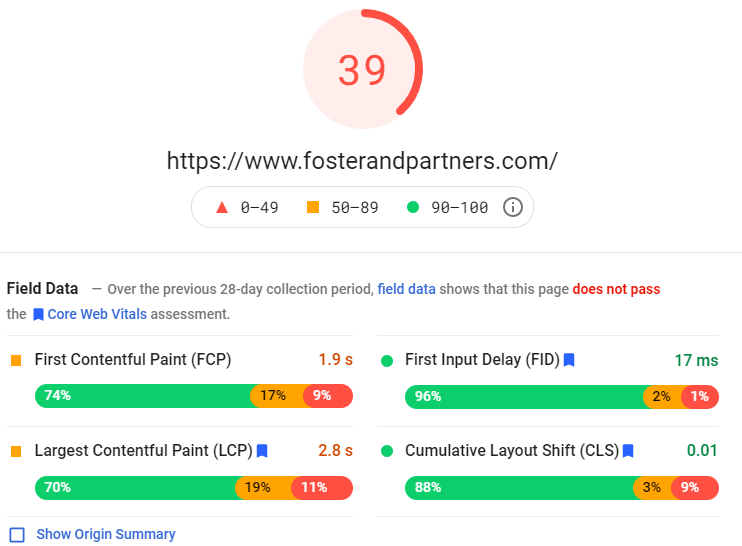Technical SEO: 5-Minute Guide
You don’t need to know a lot about technical SEO.
For business owners, we here at TGC always recommend that you delegate these tasks to web developers.
However, it’s never a bad idea to have a general idea of the technical aspects of SEO.
After all, if your dev gets technical SEO wrong, you can say goodbye to anyone finding your website.
So what is technical SEO?
Why is it so important?
And what does working on technical SEO look like?
Let’s find out in this quick 5-minute guide!









